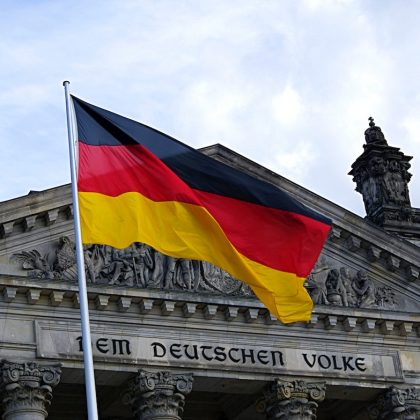A Peaceful Europe?
As the Nobel Peace Prize is awarded to the EU for six decades of work in advancing peace in Europe, Contemporary European History’s editor Holger Nehring revisits the journal’s special issue on‘ A Peaceful Europe? Negotiating Peace in the Twentieth Century’.
The Nobel Prize Peace this year was awarded to the European Union for its contribution to forge peace in Europe after the Second World War. Contemporary European History’s themed issue, ‘A Peaceful Europe? Negotiating Peace in the Twentieth Century’ provides a historical critique of this interpretation of a post-1945 European special path in creating peace. This theme issue, edited by Helge Pharo (Professor of History at the University of Oslo and on the academic advisory board of the Norwegian Nobel Institute) and myself argues that we can only understand peace-making in post-Second World War Europe, if we place it in the longer context of the struggle for peace in Europe since at least the Russian Revolution in 1917. The peace that developed was always fractured and incomplete, and it relied as much on social, cultural, and economic factors as it did on organisational frameworks. Most importantly, peace in Europe cannot be understood without looking at Eastern and Western Europe together.
Read all the papers in this collection here.
Holger Nehring
Co-director of the Centre for Peace History at the University of Sheffield
Editor of Contemporary European History






